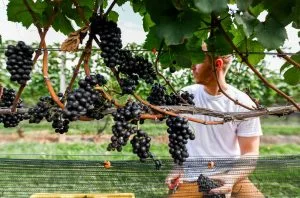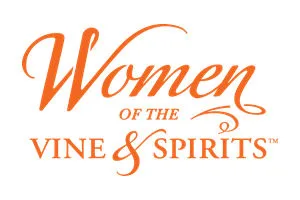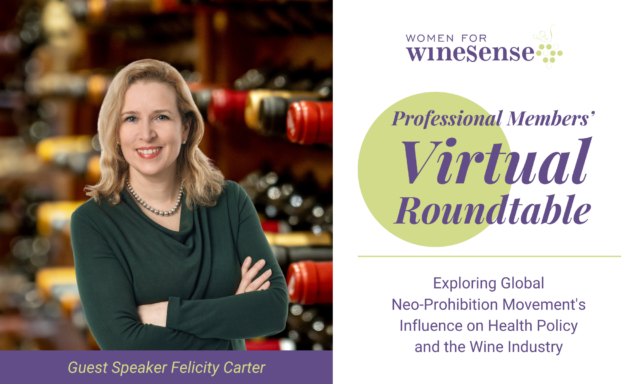WInemaker Mike Beneduce during harvest at his New Jersey Beneduce Vineyards.
America’s defining ethos of freedom, at times a stereotype, is nonetheless a guiding principle that binds the nation. New Jersey embodies this ideal, even when it comes to winemaking. From Bordeaux-style blends, sparkling wines, and ambitious co-ferments, Jersey is paving its identity through freedom of expression. Grape expression.
‘Older European regions have a lot of rules for wine – when to pick, what to grow. American wine doesn’t,’ says Julianne Donnini, an attorney-turned-winemaker at Auburn Road Vineyards.
‘New Jersey has even fewer rules. People have very few expectations of what we’re doing here. It gives us a lot of creativity and flexibility to try making different wines.’
More than 80 varieties are grown in the region (with about 57 wineries), including Cabernet Sauvignon, Cabernet Franc, Pinot Noir, Riesling, Sangiovese, Albariño, Chardonnay, Merlot and Petit Verdot.
Small family businesses operate most vineyards. Setting up viable winemaking has taken time, especially because history has not played in Jersey’s favour.
Prohibition and over-regulation
Even though vines were planted in New Jersey since the colonial era of the 1700s, a combination of phylloxera in the 1800s and Prohibition from 1920 to 1933 nearly decimated all winemaking. Following the repeal of Prohibition, New Jersey instated a law that allowed only one winery license for every million state residents.
To put that into perspective, in 1933, there were about four million residents in the state, which meant only four wineries could be granted a license. The







